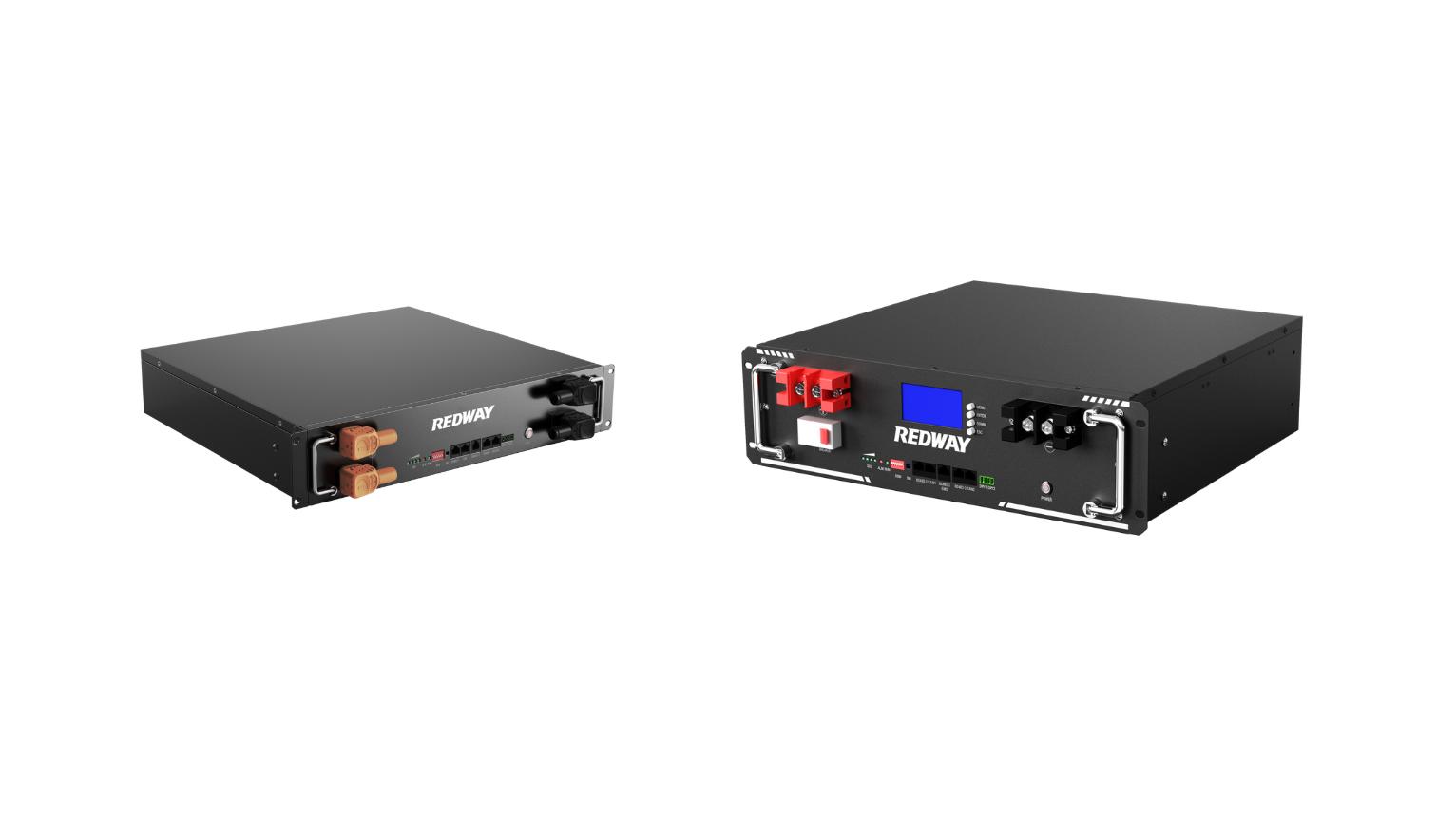
Comparing LiFePO4 and Lithium-Ion Batteries: A Comprehensive Guide
When considering battery technologies for various applications, understanding the differences between LiFePO4 batteries (lithium iron phosphate) and traditional lithium-ion batteries is crucial. This article delves into the characteristics, advantages, and disadvantages of these battery types, providing insights for informed decision-making.
What Is the Difference Between LiFePO4 Battery and Lithium?
The primary difference between a LiFePO4 battery and lithium batteries lies in their chemical composition and performance characteristics. Key distinctions include:
- Composition: LiFePO4 batteries utilize lithium iron phosphate as their cathode material, while traditional lithium-ion batteries may use cobalt oxide or manganese oxide.
- Safety: LiFePO4 batteries are generally safer due to their thermal stability, making them less prone to overheating or catching fire compared to standard lithium-ion batteries.
- Energy Density: Lithium-ion batteries typically have a higher energy density, allowing them to store more energy in a smaller volume, which is advantageous for applications requiring compact designs.
These differences significantly influence their suitability for various applications.Diagram: Comparison of LiFePO4 and Lithium Battery Composition
How Do LiFePO4 Batteries Compare to Lithium-Ion Batteries?
When comparing LiFePO4 vs. lithium-ion batteries, several factors come into play:
- Cycle Life: LiFePO4 batteries can last 3,000 to 5,000 cycles, significantly outlasting typical lithium-ion batteries, which often last around 500 to 1,500 cycles.
- Cost: While LiFePO4 batteries might have a higher upfront cost due to the materials used, their longevity often results in lower total cost of ownership over time.
- Maintenance: LiFePO4 batteries require minimal maintenance compared to lead-acid alternatives, while lithium-ion batteries may need monitoring for optimal performance.
Ultimately, while lead-acid batteries may be more affordable initially, LiFePO4 technology offers better long-term value for specific applications.Diagram: Cycle Life Comparison of LiFePO4 and Lithium-Ion Batteries
What Are the Advantages of Lithium Iron Phosphate Compared to Lithium-Ion?
Lithium iron phosphate vs. lithium-ion offers several advantages:
- Safety and Stability: LiFePO4 is less prone to exploding and overheating, making them highly safe. By contrast, lithium-ion batteries without BMS or protective algorithms can catch fire or overheat when not used properly.
- Longer Lifespan: With a longer cycle life, LiFePO4 batteries reduce the frequency of replacements and maintenance costs.
- Consistent Power Output: They provide a stable voltage output throughout the discharge cycle, ensuring reliable performance.
These advantages make LiFePO4 an attractive option for various industries, including renewable energy storage and electric vehicles.Diagram: Advantages of Lithium Iron Phosphate Batteries
What Is a LiFePO4 Battery Review?
A LiFePO4 battery review typically highlights its strengths and weaknesses based on user experiences and technical specifications. Key points often discussed include:
- Performance Metrics: Users often report high satisfaction with the longevity and reliability of LiFePO4 batteries in various applications.
- Cost Considerations: While initial costs may be higher than traditional options, the long-term savings due to lower replacement rates are frequently noted.
- Environmental Impact: Many reviews emphasize the eco-friendliness of LiFePO4 batteries compared to other lithium chemistries that may contain toxic materials.
Overall, reviews tend to favor LiFePO4 for applications where safety and longevity are paramount.Diagram: Summary of Common Points in LiFePO4 Battery Reviews
What Are Battery Banks for Telecom Power Backup?
Battery banks for telecom power backup consist of multiple interconnected batteries designed to provide reliable energy storage. Key components include:
- Modular Design: These systems can be configured based on specific energy demands, allowing flexibility in design.
- Integration with Renewable Energy: Many battery banks can integrate with solar panels or wind turbines to enhance sustainability while providing backup power.
- Smart Monitoring Systems: Advanced battery banks often feature monitoring systems that provide real-time data on performance and health.
Battery banks are essential for ensuring continuous operation of telecom towers during power outages.Diagram: Components of Telecom Battery Banks
How Do Fuel Cells Serve as Backup Power Solutions?
Fuel cells are emerging as a viable alternative for backup power solutions in telecommunications:
- Clean Energy Source: Fuel cells generate electricity through a chemical reaction between hydrogen and oxygen, producing only water as a byproduct.
- Long Runtime: They can provide extended backup power without the need for frequent recharging or refueling compared to conventional batteries.
- Quick Start-Up Time: Fuel cells can quickly provide power when needed, making them ideal for emergency situations.
The adoption of fuel cells in telecommunications is growing due to their reliability and environmental benefits.Diagram: Operation of Fuel Cells in Telecom Applications
Expert Views
“Advanced battery technologies are reshaping the telecommunications landscape by providing efficient, sustainable solutions that ensure uninterrupted service. As we move towards greener practices, integrating technologies like fuel cells and lithium iron phosphate will be pivotal,” states Dr. Sarah Johnson, an expert in telecommunications infrastructure.
FAQ Section
- What is the difference between LiFePO4 battery and lithium?
LiFePO4 uses lithium iron phosphate as its cathode material; it offers greater safety but lower energy density compared to traditional lithium-ion batteries. - How do LiFePO4 batteries compare to lithium-ion batteries?
LiFePO4 has a longer cycle life and better safety characteristics but generally has lower energy density than lithium-ion options. - What are the advantages of lithium iron phosphate compared to lithium-ion?
LiFePO4 offers enhanced safety, longer lifespan, and consistent power output throughout its discharge cycle. - What is a LiFePO4 battery review?
Reviews typically highlight performance metrics, cost considerations over time, and environmental impact compared to other battery types. - What are battery banks for telecom power backup?
These systems consist of multiple interconnected batteries designed to provide reliable energy storage for continuous operation during outages.
In conclusion, understanding advanced battery technologies—such as those involving LiFePO4 and lithium-ion systems—will empower businesses to make informed decisions that enhance operational reliability while ensuring effective energy management across various applications.
